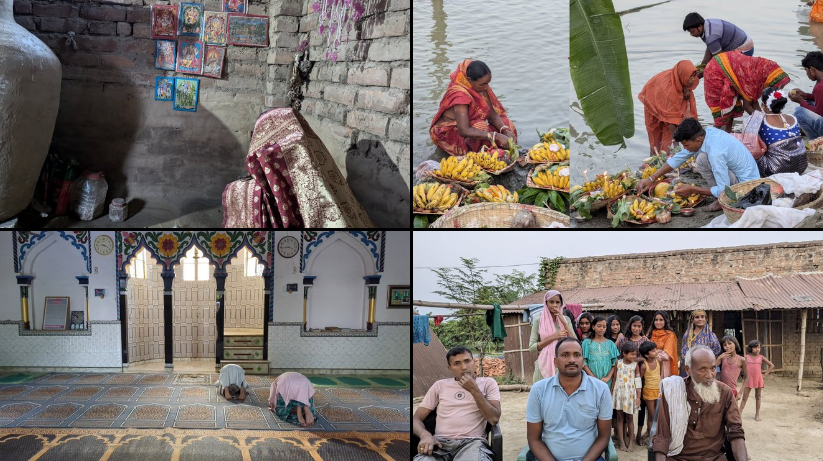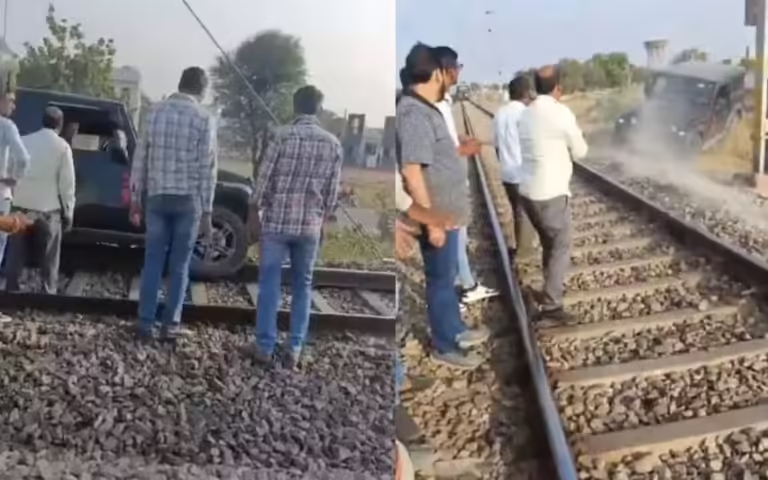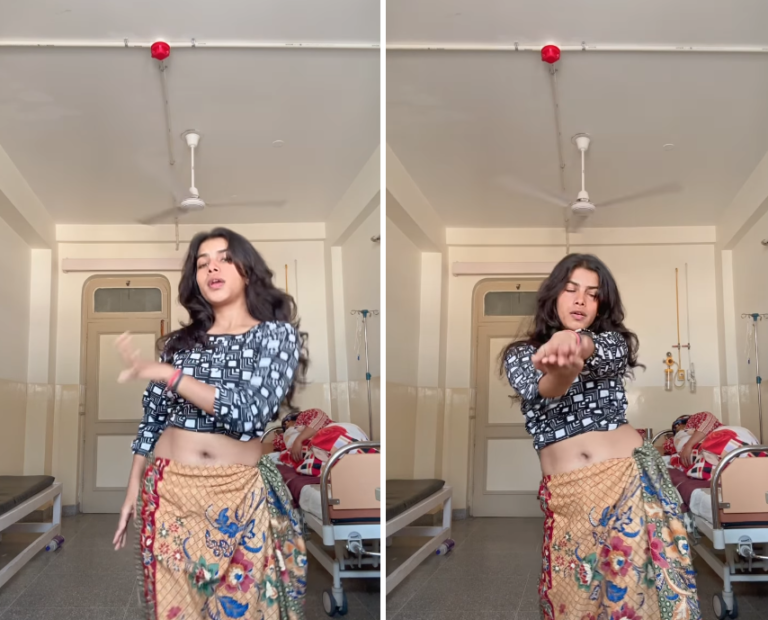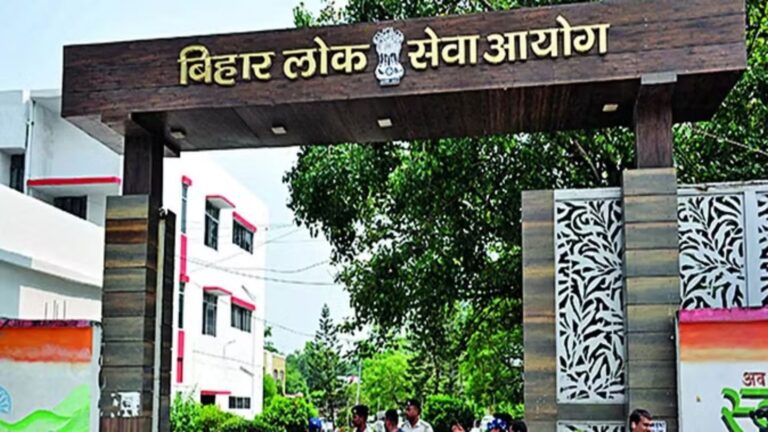
In Jharkhand’s Santhal Pargana, a community of 35 Hindu families lives in a challenging environment, surrounded by 11,000 Muslim families. Their daily lives are marked by numerous restrictions, including being forced to stop music five times a day during Chhat Puja, paying ‘taxes’ to Muslims to farm in Muslim-majority areas, and enduring incidents of looting and harassment.
How 35 Hindu families surrounded by 11,000 Muslim families live in Jharkhand’s #Santhal Pargana?
-They stop the music five times a day during Chhat Puja.
-They pay ‘tax’ to Muslims as they reap produce in ‘Muslim area’
-They don’t put rangoli on the street.
-Their cows get… pic.twitter.com/41lgLpwMoU— Subhi Vishwakarma (@subhi_karma) November 8, 2024
During weddings, they are prevented from playing DJ or band music, with any attempt leading to attacks and verbal abuse. Tragically, incidents of violence against women have been reported, with cases often settled with money and local influence before the administration can intervene.
A recent visit to the Raj Mahal area and Uttar Palashachi in Sahibganj revealed a striking disparity: for over seven kilometers, there were no Hindu homes in sight, only mosques and madrasas every few kilometers. Many Muslim households are living in poverty, with women working to make beedis and children playing in the streets.
Local Hindus claim that the Muslims in the area are outsiders, some possibly from Bangladesh. Interestingly, when questioned, local Muslims initially expressed solidarity with Bangladeshi immigrants but quickly changed their stance once the camera was on.
While it’s unclear whether the claims about Bangladeshi migrants are true, the situation in this region of Jharkhand raises significant concerns about the state of religious and social harmony.
Source: Post shared by journalist Subhi Vishwakarma on X.






